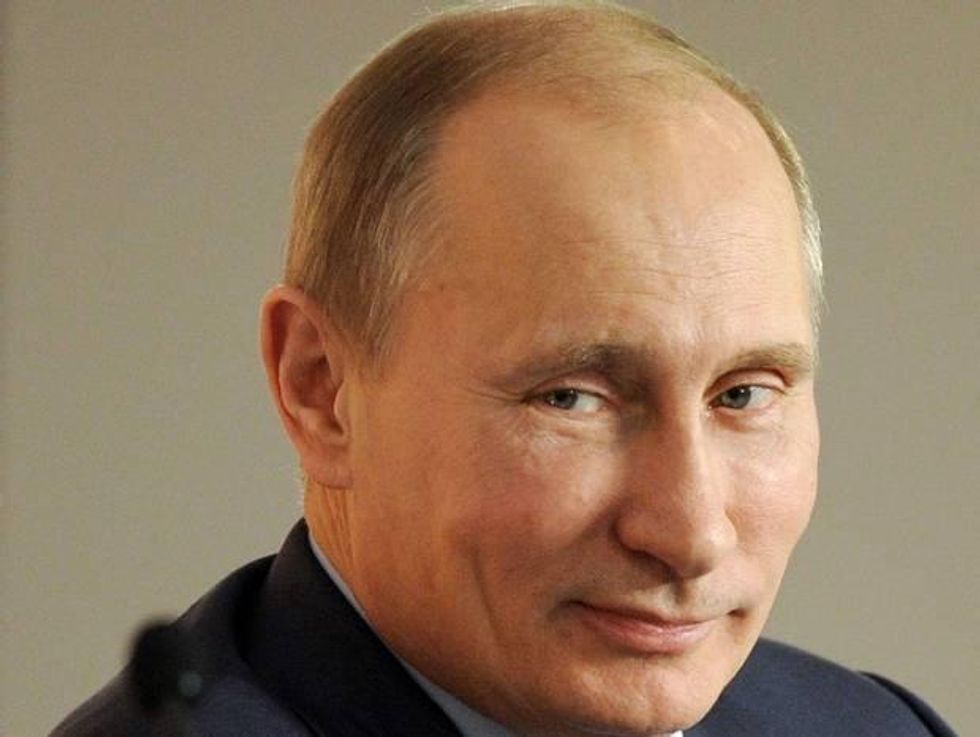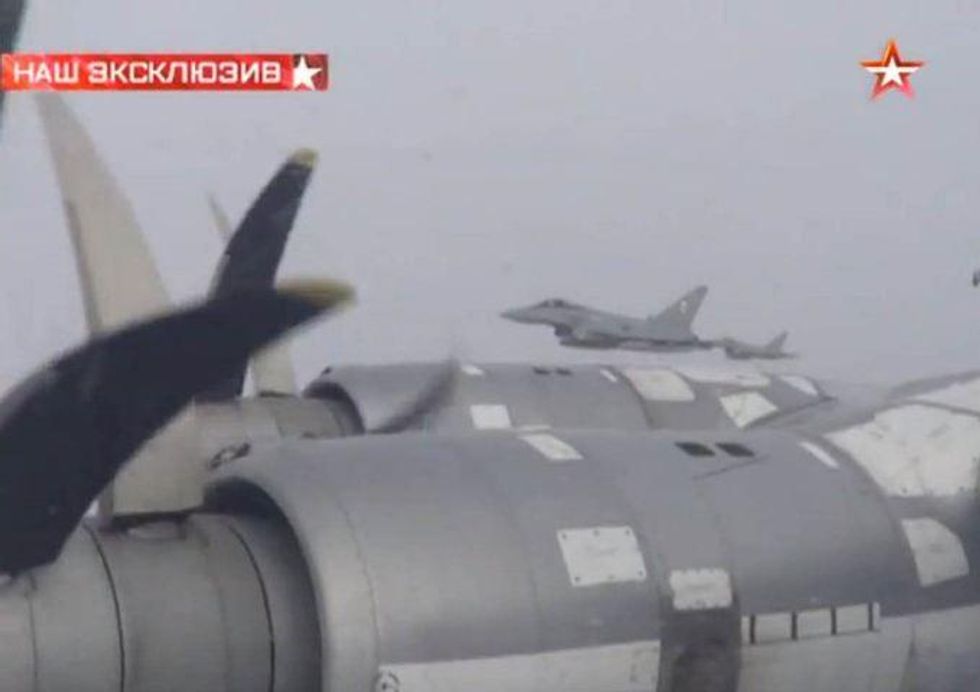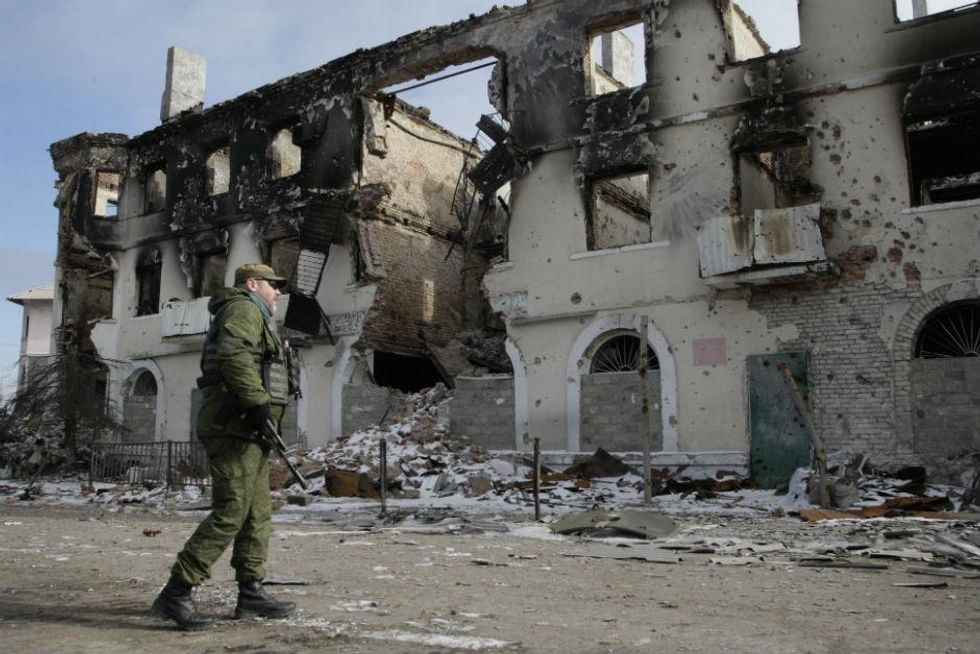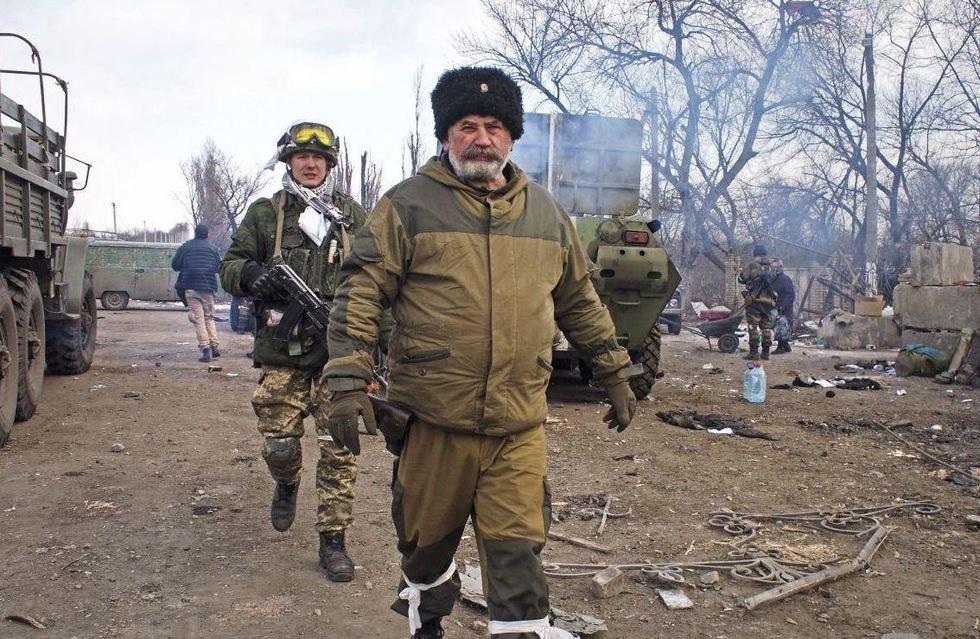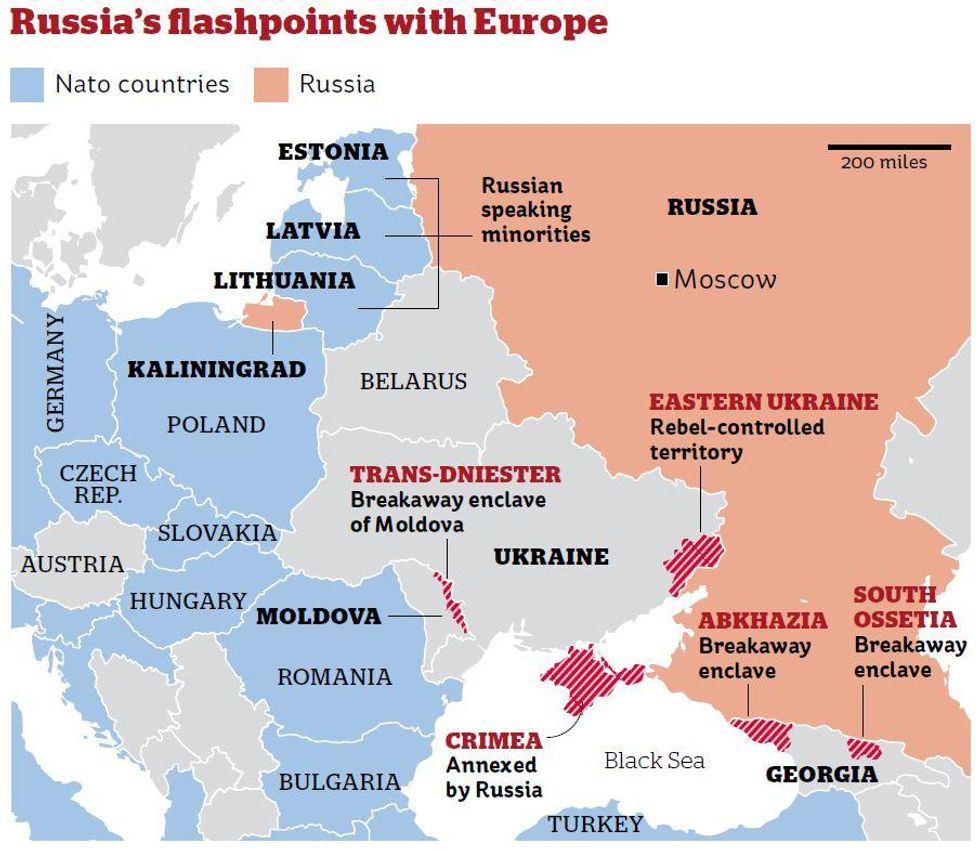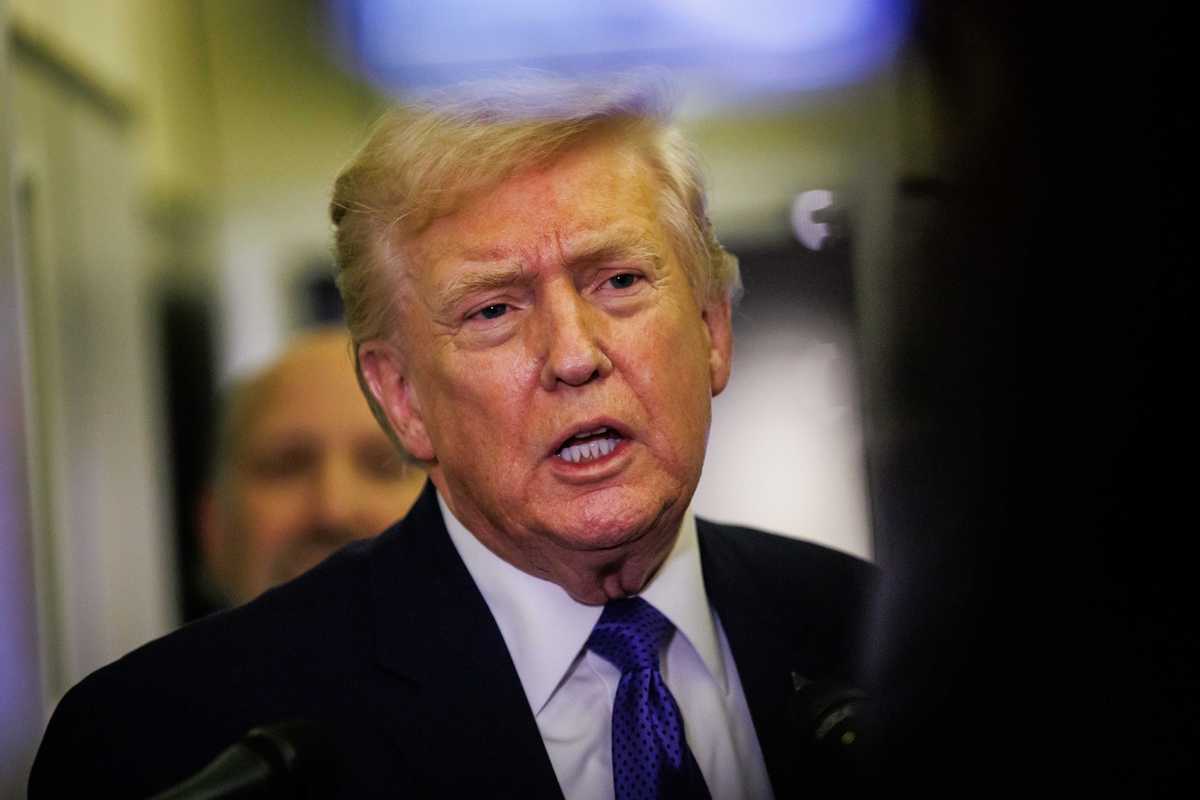News
Oliver Carroll (edited
Feb 20, 2015
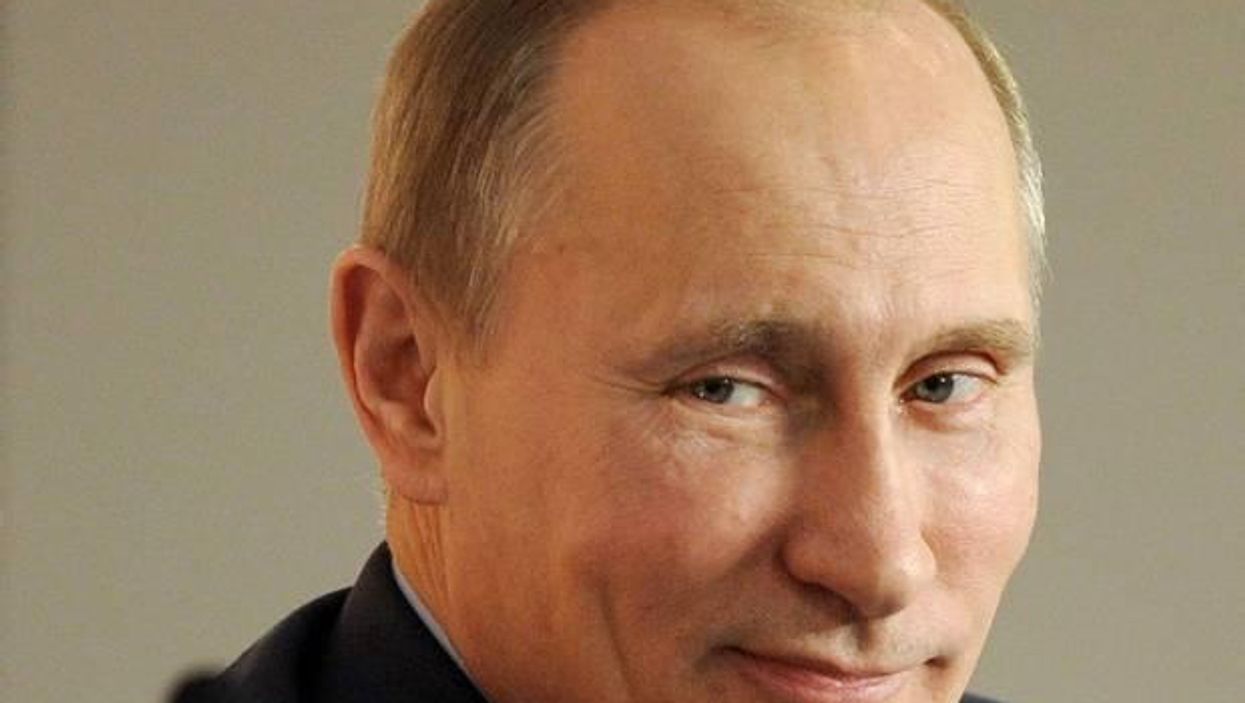
The fraught relationship between Russia and the West has descended into renewed acrimony after a series of tense military and diplomatic confrontations.
Russian bombers off Cornish coast
News emerged yesterday that RAF jets had been scrambled to the Cornish coast to intercept two Russian Bear bombers just outside British airspace.
David Cameron said Moscow was trying to make "some sort of a point", but added: "I don't think we should dignify it with too much of a response."
While the presence of Russian warplanes probing Britain and Western Europe's coastline is nothing new - Nato flew 400 intercepts last year - Robert Emerson, a security analyst, warns that increasing brinkmanship could lead to a costly mistake by one side or the other.
The more this goes on, [the greater] the danger from something going wrong, and, in the current febrile atmosphere, the increasingly toxic confrontation, this could have severe unintended consequences.
- Robert Emerson
Fraying ceasefire in Ukraine
Pro-Russian forces and Cossack soldiers triumphantly paraded through the Ukrainian town of Debaltseve yesterday as France and Germany desperately tried to hold together the ceasefire agreed in Minsk.
Nikolai Kozitsyn, the Cossack leader known by the nickname “Daddy” (pictured below), also made an unexpected return to the eastern Ukrainian frontlines. Widely assumed to have been withdrawn to Russia by his Kremlin handlers, Mr Kozitsyn was instead seen making victory loops in a military jeep around the desolate, wrecked streets of Debaltseve.
As of last night, the entire railway town had passed to the control of Russian-backed forces and only a handful of Ukrainian soldiers remain in the area following yesterday’s mass retreat.
With shelling continuing, Ukrainian officials feared the rebels could be preparing for a push into the key port town of Mariupol, about 120 miles south.
Following that victory, which the Independent's diplomatic correspondent Kim Sengupta describes as an embarrassing defeat for Kiev, Moscow may now want to test its former Cold War opponents with even more flights.
Alarm in the Baltics
Michael Fallon, the British defence secretary, warned that President Putin is trying to extend his campaign of destabilisation to the Baltic states - Estonia, Latvia and Lithuania - and that he poses as much of a threat to the West as Isis (comments that Russia's deputy foreign minister described as "beyond diplomatic ethics").
In the Baltics, officials and residents alike fear that after annexing Crimea from Ukraine and assisting a rebellion in the east of the country, Moscow may soon turn its eye to other states where a sizeable minority is ethnically or linguistically Russian.
Russia’s aggression against Ukraine is very worrying for Baltic states. It shows that Russia is looking to redraw Europe’s 21st-century borders by force.
- Valdis Dombrovskis, vice-president of the European Commission
Not only does Latvia have one of the largest minorities of Russian speakers in any European state, but the Kremlin has long accused it of suppressing the rights of its Russian speakers – some 300,000 of whom are officially considered stateless, and thus may neither vote nor hold government positions.
The Lithuanian foreign minister, Linas Linkevicius, meanwhile said:
Russia is behaving aggressively. I really do see threats to all countries, If we fail to act now to what’s happening in Ukraine, there will be a big temptation [for Russia] to further instigate situations elsewhere.
YouGov reports that 32 per cent of Britons would back military force if Russia were to attack one of the Baltic states.
Read more:
Oliver Carroll: A mood of relief, anger and mutiny prevails among retreating troops in Ukraine
Rupert Cornwell: What options the West has in confronting a leader who seems intent on a new Cold War
Mary Dejevsky: Can the UK any longer aspire to a global diplomatic role?
Top 100
The Conversation (0)
